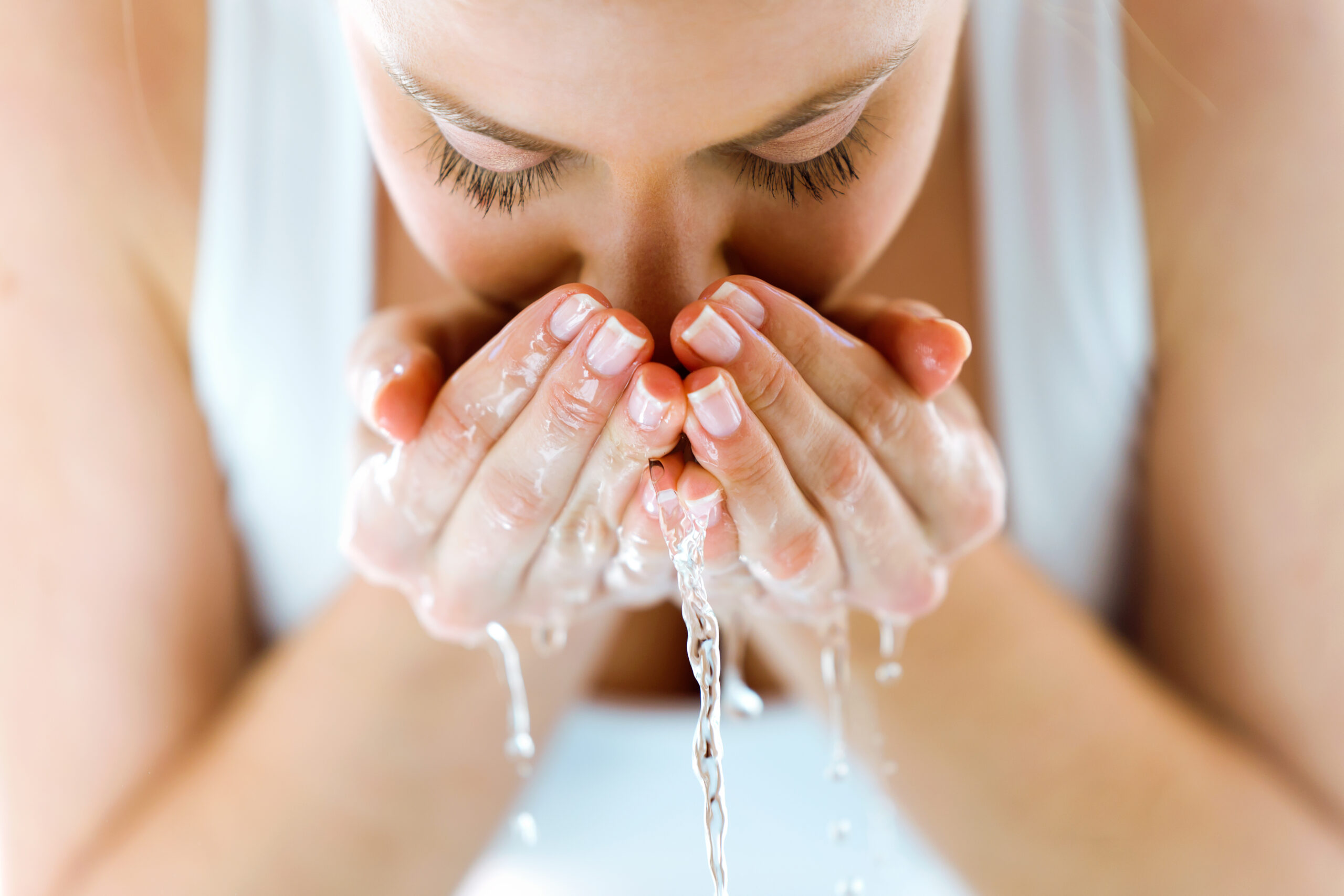Did you know that only 20% to 30% of your skin’s appearance is due to genetics? That means the rest is up to you! Environmental factors and, more importantly, how you care for your skin play a large role in how it looks.
There are three things that should be part of every skin care routine: A good cleanser, moisturizer and sun protection. These face basics are essential, no matter your age or skin type. However, your skin changes as you get older and there are ingredients we can add to keep you always looking your best.
Probably the best tip for preventing wrinkles and premature signs of aging is to use sunscreen religiously. Don’t forget your neck and décolleté, too. Sometimes, your moisturizer can have sunscreen added in it. You just want to make sure it has broad-spectrum (UVA/UVB) protection with an SPF 30 or greater. It also may be good to have a separate sunscreen product so you can reapply it during the day.
Your 20s
Now is the time to develop a good routine. Wash your face twice a day – in the morning and evening before bed. You may also want to wash after exercising. A cleanser with salicylic or glycolic acid will gently exfoliate your skin to prevent clogged pores and clear away excess sebum. Make sure it’s not too harsh as that could strip your skin of too much oil, which could irritate it.
You can tailor your routine to your skin type: dry, oily, combination or sensitive. How do you know which is which? Dry skin tends to get rough or flaky in spots. Oily skin becomes shiny several hours after you wash it and your pores may be more prominent. Combination skin is a little of both: Your skin can be dry in some spots and oily in others, usually around the nose and chin. Sensitive skin may sting or itch after you apply some makeup or other products.
If you wear makeup, you’ll want to ensure you add a good makeup remover to help your cleanser get it all off. The number one no-no is wearing makeup to bed. When you’re really tired, it can be tempting to just crash without washing your face. However, leaving makeup on your skin can clog your pores and cause acne.
Your 30s
When you reach your 30s, your skin cell turnover starts to slow down. This may cause your complexion to look a bit dull. Your priority should be regular but gentle exfoliation. Products with alpha-hydroxy or glycolic acids – or even a mild scrub with a cleansing brush several times a week will help your skin maintain its luminous glow. If you haven’t been diligent with the sunscreen, you may see dark spots or fine lines start to appear. Ask your dermatologist about adding a retinol cream to even out pigmentation and enhance collagen.
Your 40s
This is the decade where lines begin to appear around the eyes and forehead. Hormone-related issues, such as acne around the jawline, and dryness can start to show up. Sun damage may appear as blotchiness or hyperpigmentation (brown spots). Pores can look larger. You may have thought the days of breakouts were behind you but adult acne can still occur. If so, a cleanser with salicylic acid can help. Adding a retinol cream at night can boost collagen and elastin in the skin. Plus, it can help with occasional breakouts so it’s like a two-for-one.
Your 50s
Midlife means moisture loss. You may notice sagging skin, deeper wrinkles and more hyperpigmentation in your 50s. There are two big influences affecting your skin now: menopause and the results of lifestyle choices you’ve made – not smoking, protecting your skin from the sun and even managing stress. Menopause causes a decline in estrogen, which means collagen production drops off and the skin becomes drier. Incorporate some peptides and collagen boosters into your moisturizer and switch up your cleanser for a gentler, creamier one.
Your 60s and beyond
At this time, your skin is losing volume as it gets a bit thinner and drier. Your concerns are probably hydrating, firming and keeping hyperpigmentation at bay. This means your skin care routine won’t change much from your 50s, however your skin may become more sensitive. If so, try gentler versions of your products.
Remember: no matter your age, it’s never too late to start taking better care of your skin. Ask your doctor at YourTown Health for recommendations. Call today to schedule an appointment.

